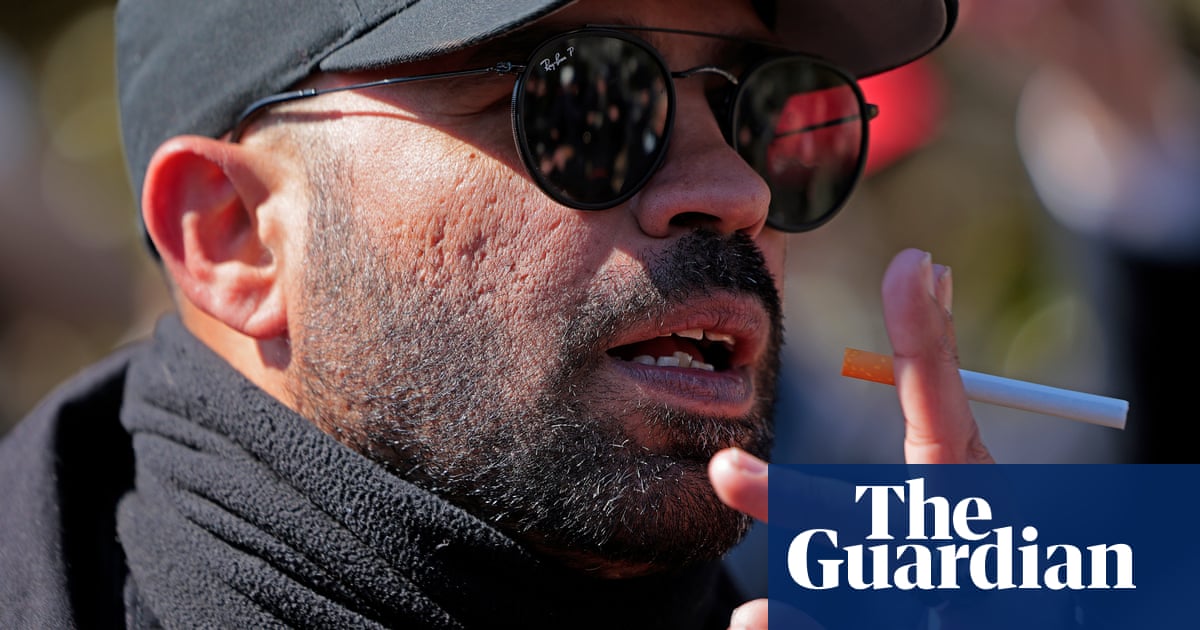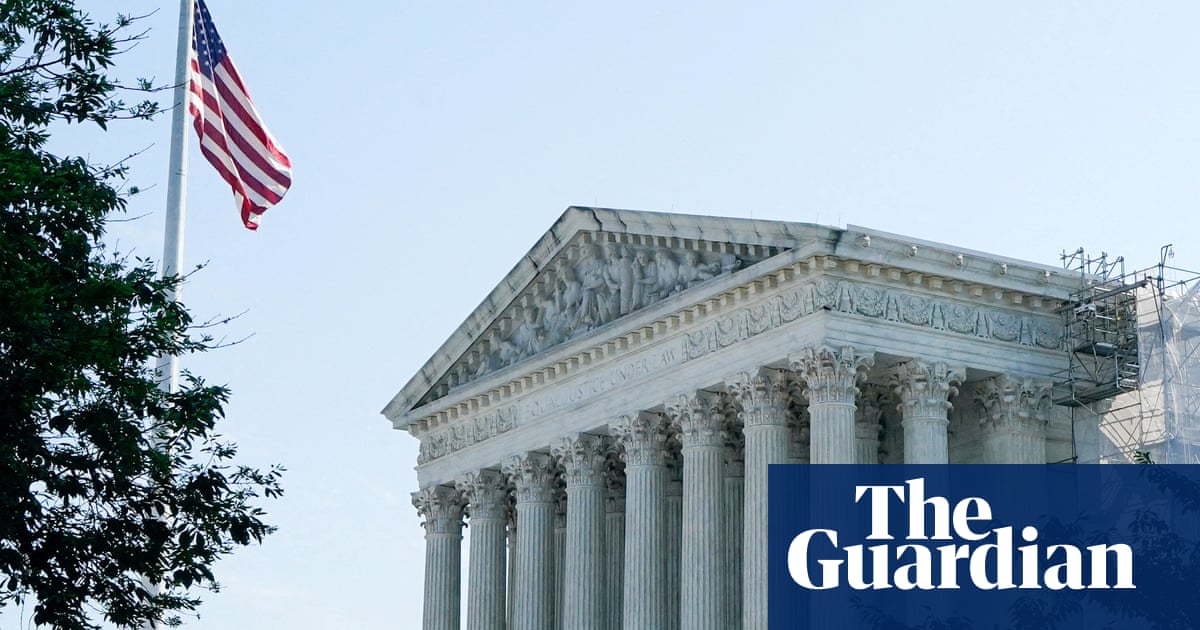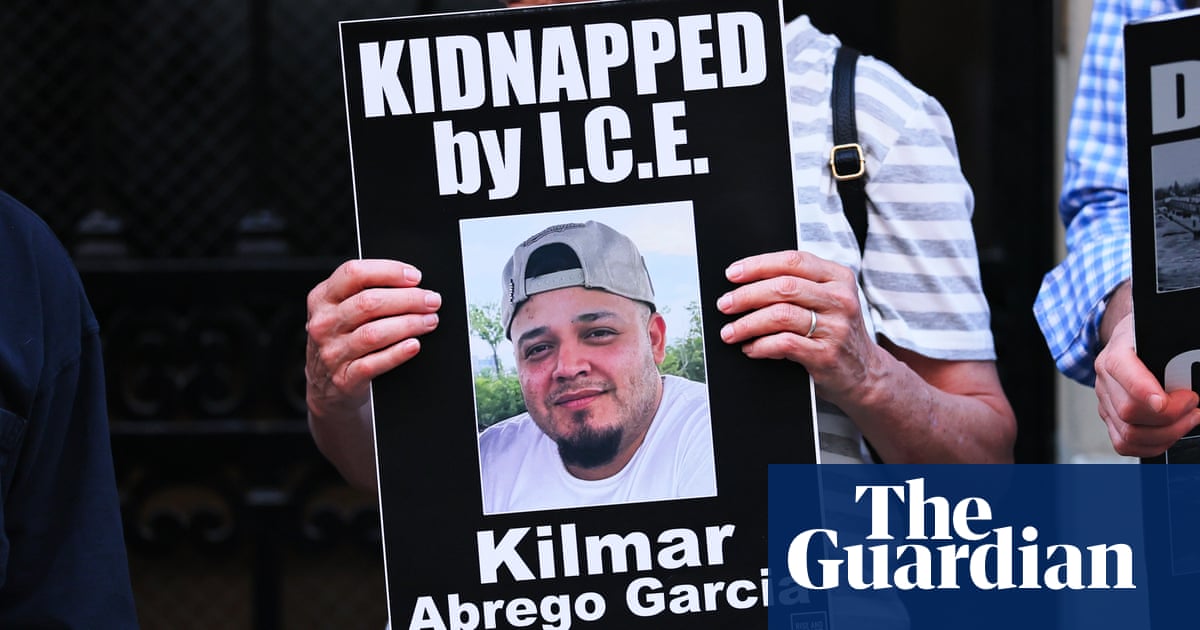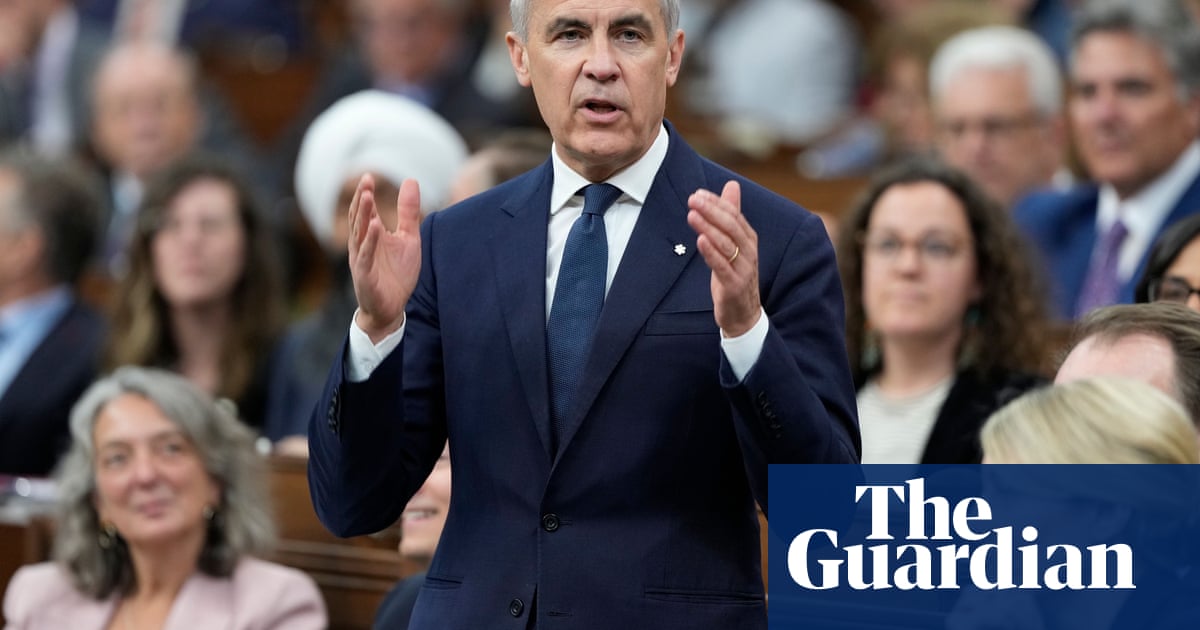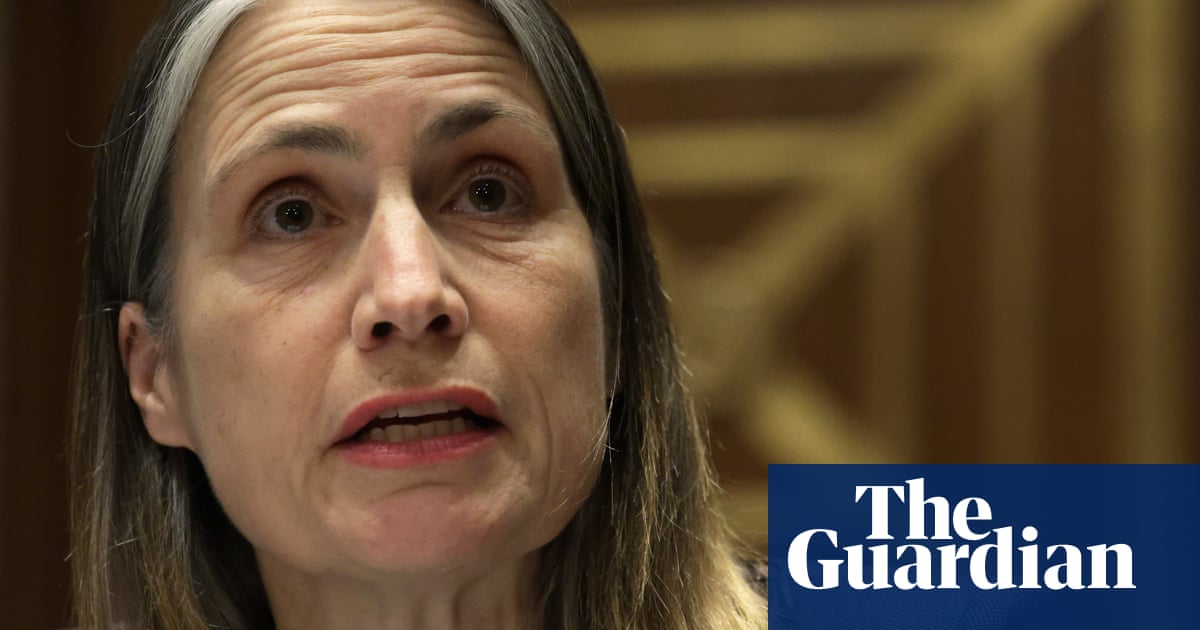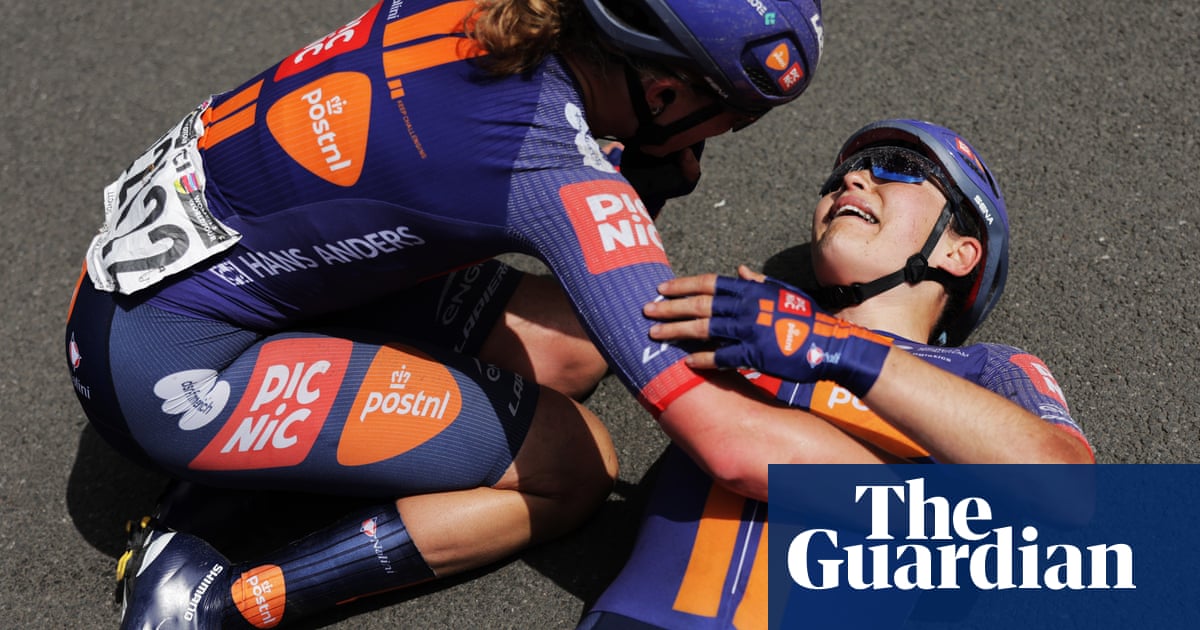The claim that Lucy Letby definitely poisoned babies with insulin has “no scientific justification whatsoever” and there is a “very strong level of reasonable doubt” about the convictions, according to the authors of a 100-page study on the case.
Prof Geoff Chase, one of the world’s foremost experts on the effect of insulin on pre-term babies, told the Guardian it was “very unlikely” anyone had administered potentially lethal doses to two of the infants.
The prosecution told jurors at Letby’s trial there could be “no doubt that these were poisonings” and that “these were no accidents” based on the babies’ blood sugar results.
However, a detailed analysis of the infants’ medical records by leading international experts in neonatology and bioengineering has concluded that the data presented to the jury was “inconsistent” with poisoning.
The former nurse, now 35, is serving 15 whole-life prison terms after being convicted of murdering seven babies and attempting to kill seven others – including trying to murder two by insulin overdoses – at the Countess of Chester hospital in north-west England.
The Criminal Cases Review Commission (CCRC), which investigates potential miscarriages of justice, this week began a review of the case after an international panel of 14 experts found no evidence of murder or deliberate harm.
Sir David Davis, the senior Conservative MP supporting Letby’s appeal, described it as “one of the major injustices of modern times”.
The prosecutor Nick Johnson KC told the jury at Letby’s trial that the nurse “undoubtedly” poisoned the two baby boys known as Baby 6 and Baby 12 eight months apart by spiking their feeding bags with insulin.
The prosecution said test results that showed low blood sugar and “abnormally high” insulin levels, with very low levels of C-peptide, meant it “must be that they have been given or taken” synthetic insulin that had not been prescribed.
However, a new 100-page report by Chase, a distinguished professor of bioengineering at the University of Canterbury in New Zealand, and the British chemical engineering expert Helen Shannon, says low blood sugar levels are “not uncommon” in pre-term infants.
The study adds that insulin poisoning would probably have resulted in far lower levels of potassium and glucose than the babies’ records show, and points out that they showed no symptoms of severe insulin poisoning, such as seizures or heart arrhythmia.
The report, which references more than 250 peer-reviewed scientific papers and is due to be sent to the CCRC within weeks, describes the immunoassay test used in this case – and relied on by the Crown Prosecution Service – as “not reliable” and “not of forensic quality”.
In their first UK newspaper interview since a one-page summary of the report was published this week, Chase said there were a “number of non-malicious explanations” for the deterioration of the two infants, who both survived.
He told the Guardian: “I’m not here to say whether Lucy Letby is a murderer, or an insulin poisoner, or that she’s guilty or not guilty.
“I am here to say that the evidence presented – and its interpretation in particular – has far more than the one interpretation given, and that you cannot assume poisoning given the reasonable likelihood of all the rest. I’m saying there’s a very strong level of reasonable doubt.”
Shannon said there was “no scientific justification whatsoever” for the prosecution’s claim that there was “no doubt that these were poisonings”.
She said the immunoassay tests used by scientists at Liverpool Clinical Laboratories were notoriously unreliable at detecting synthetic insulin as antibodies could cause interference.
A second, more forensic, test should have been used to check the result. “I think the prosecution case missed a lot of the critical relevant science,” she said. “They presented just part of the story.”
The two insulin charges are highly significant as they were presented as the strongest evidence of someone deliberately harming babies, as it was based on blood tests.
Letby’s defence barrister Benjamin Myers KC told jurors he “cannot say what has happened” to the two babies and could not dispute the blood test results, as the samples had been disposed of.
In a highly significant moment during her evidence, Letby accepted the assertion that someone must have deliberately poisoned the babies, but that it was not her. Experts now working for her defence say she was not qualified to give such an opinion and that it should not have been regarded as a key admission.
The trial judge, Mr Justice Goss KC, told jurors that if they were sure that the babies were harmed on the unit – which Letby appeared to accept – then they could use that belief to inform their decision on other charges against the former nurse.
Jurors reached unanimous verdicts of guilty in respect of both insulin charges – the only offences on which they were all agreed – and returned their decisions days before reaching conclusions on the others.
A CPS spokesperson said: “Two juries and three appeal court judges have reviewed a multitude of different strands of evidence against Lucy Letby. She has been convicted on 15 separate counts following two separate jury trials.
“In May 2024, the court of appeal dismissed Letby’s leave to appeal on all grounds, rejecting her argument that expert prosecution evidence was flawed.”

 3 months ago
54
3 months ago
54

